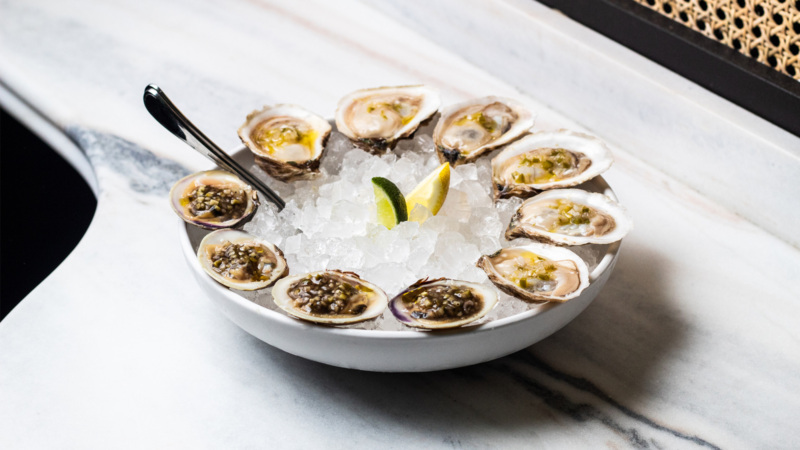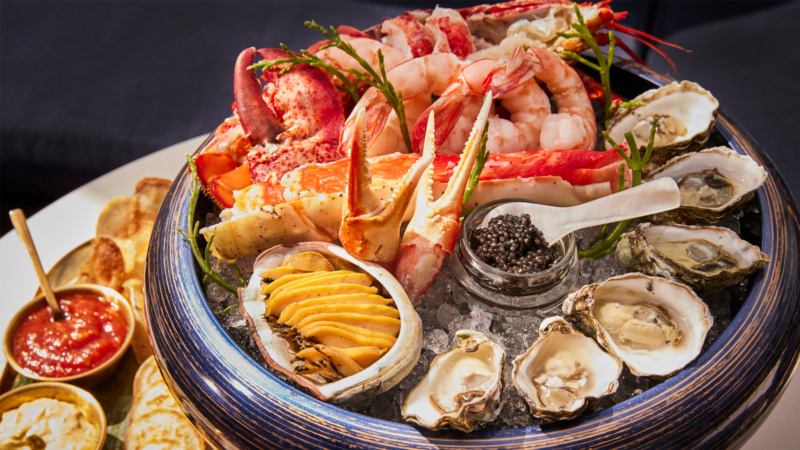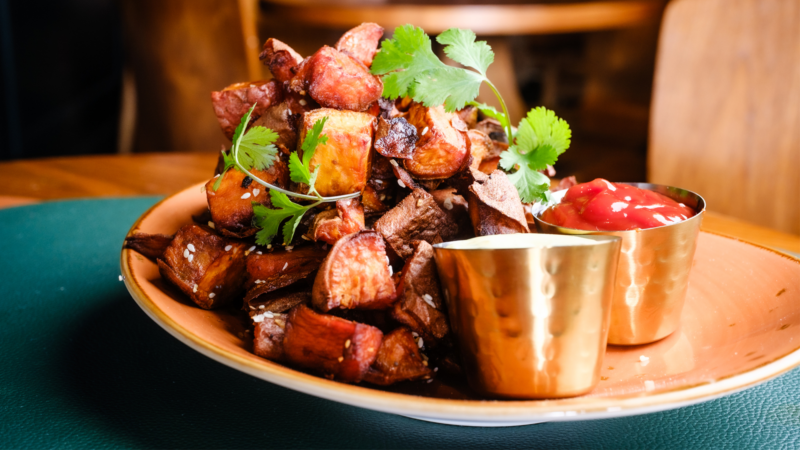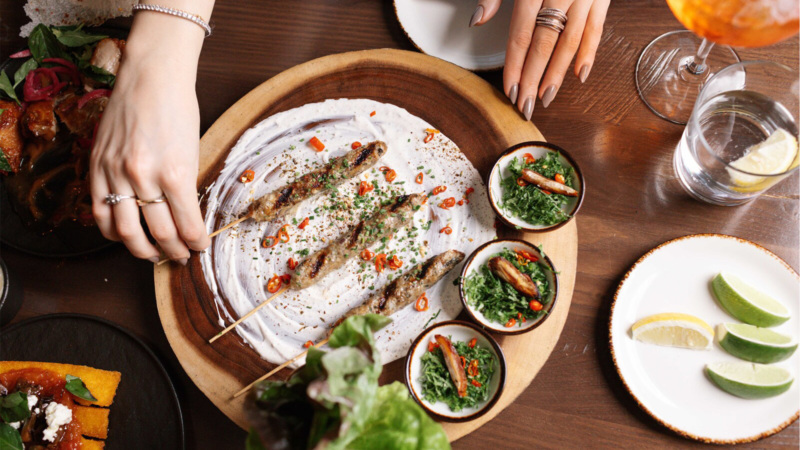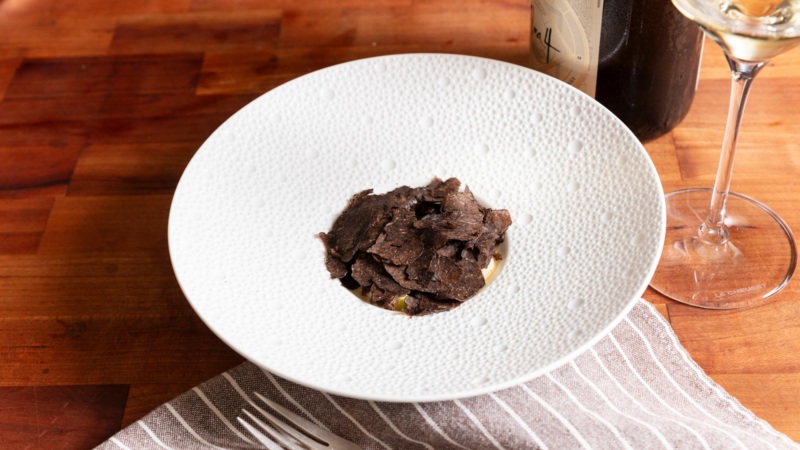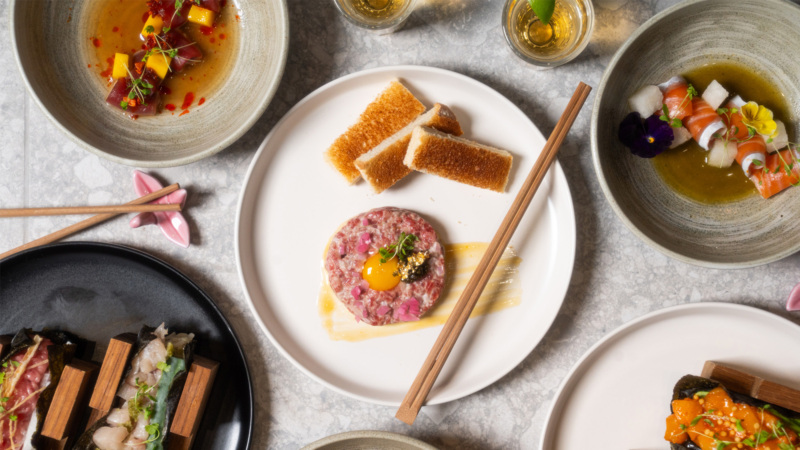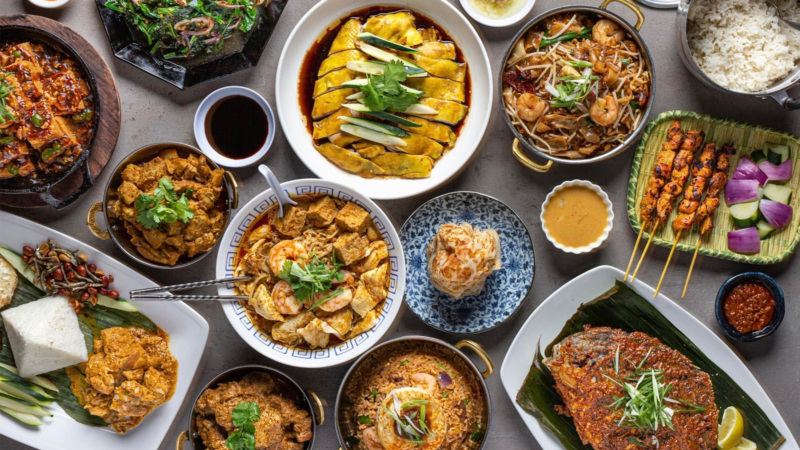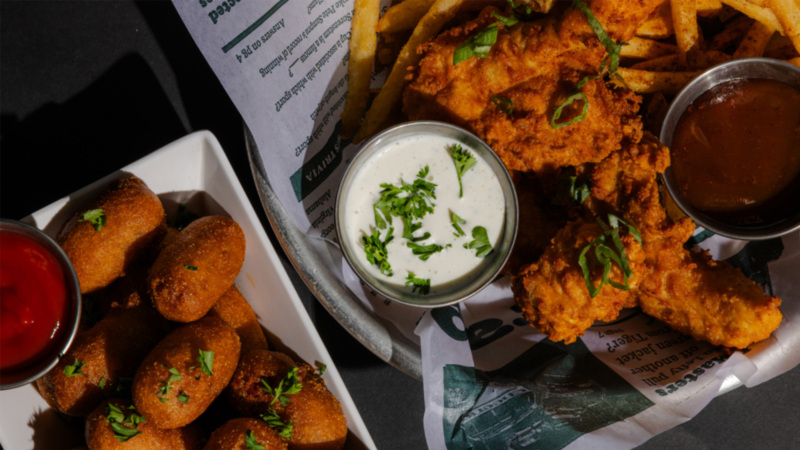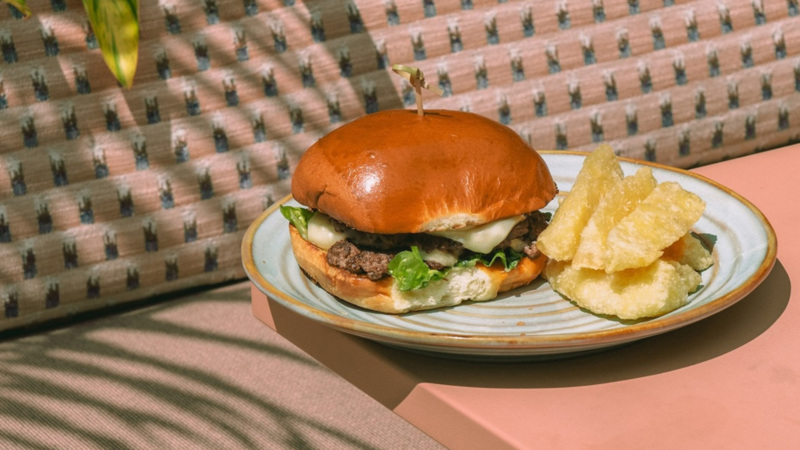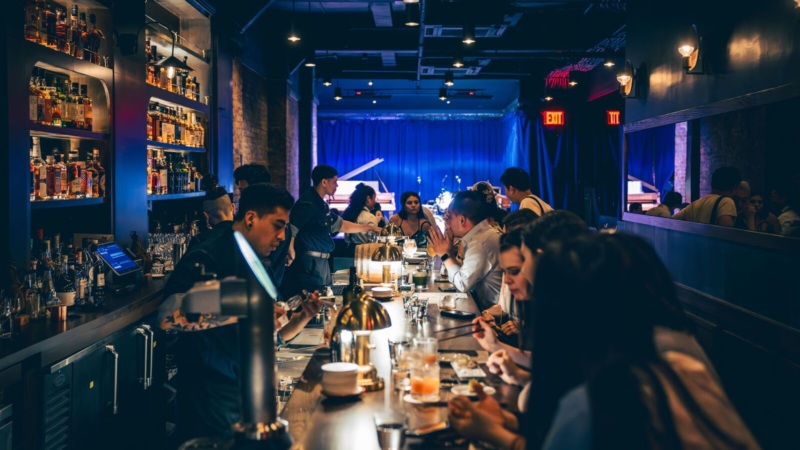
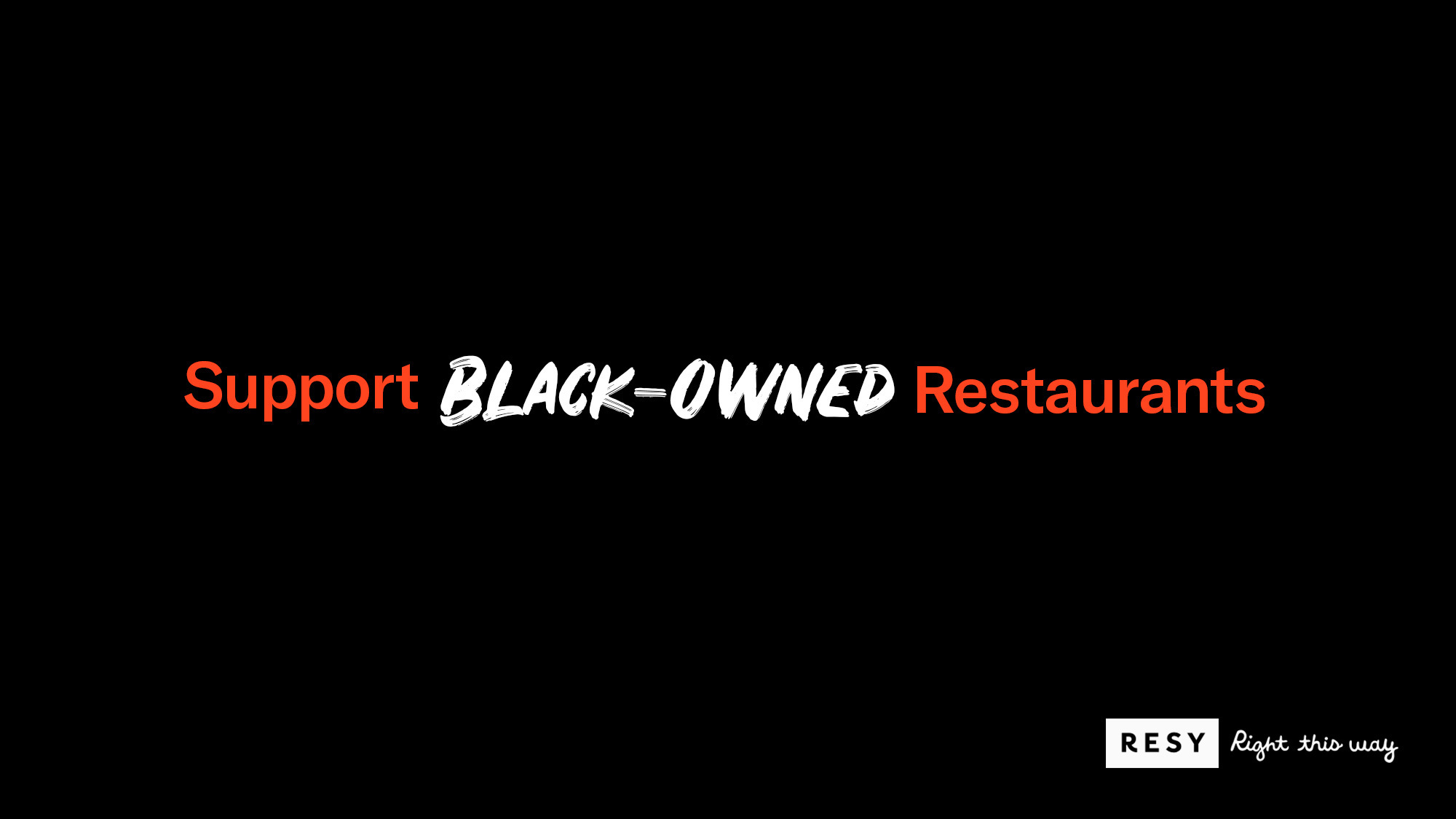
Black Lives Matter. Black-Owned Restaurants Matter.
Three years ago, Tunde Wey wrote about Charlottesville and the subsequent fallout, stating that when it comes to improving the racist system of America, “a cursory rebuke is not tantamount to virtue.”
For both Resy — and the broader, white-dominated food world — words and little black squares are encouraging, but action is ultimately what is needed. As Rachel Cargle said: “Knowledge plus empathy plus action. If you take any one away, you’re performing.”
We will use our platform to amplify Black-owned restaurants and share Black voices. That promise will continually be reflected on these pages and in our broader work at Resy. We also want to be part of a change within the entire restaurant industry. Here are some ways that we are practicing knowledge, empathy, and most importantly, action.
Go to Black-owned restaurants. Regularly. And celebrate them.
Especially in the wake of a global pandemic, Black-owned restaurants are in survival mode. It’s more important than ever to support them in every way you can, as often as you can. Solidarity is not enough; as both diners and food media, we need to actively support Black-owned restaurants.
Download the Black-owned EatOkra app to find a comprehensive list Black-owned restaurants in your neighborhood and in your city. Black People Eats is another great nationwide guide. (Resy.com and the Resy app also have search filters to help highlight Black-owned restaurants.)
You will see more Black-owned restaurants on Resy channels. Here are further city-by-city guides around the country.
- New York
- Atlanta
- Austin
- Boston
- Chicago
- Denver
- Los Angeles
- Philadelphia
- Portland
- San Francisco/Oakland
- Seattle
- Washington DC
Follow the myriad black food writers of America.
Read their work. Learn from them.
- Read Nneka Okona on the pastry queen of colonial Rhode Island, and then bookmark her Black history tour of Paris.
- Read Shakirah Simley on “the Harlem of the West.”
- Read Osayi Endolyn on what it’s like dining while black, and then read her piece on Oxalis and the Kehinde Wiley exhibit at the Brooklyn Museum.
- Read Justin Phillips on why criticism needs diverse perspectives.
- Read Nicole Taylor on JJ Johnson, and also on the Beard Awards’ need to recognize Black achievement.
- Read Stephen Satterfield on how to put action to this moment. Also subscribe to his podcast.
- Read Michael Twitty on plantation culture (and much more).
- Read Jessica B. Harris. Buy her books.
- Read Bryant Terry‘s books, too.
- Read Korsha Wilson on the joys and pains of Black foodways.
- Read Therese Nelson on Black culinary history.
- Read Omar Tate on how coronavirus recovery has failed Black communities.
- Read Tunde Wey on the ownership of Southern food.
Note: This is by no means a comprehensive list; please share more.
Subscribe to Black food publications.
- Whetstone Magazine is the only Black-owned food print publication in the United States. Subscribe here.
- For The Culture is a magazine celebrating Black women in food and wine. Donate here.
- Afros + Knives is an interview podcast that celebrates the Black women working and leading in food, wine, and hospitality.
- Cuisine Noir is a food and lifestyle magazine focused on Black chefs.
Donate to the cause.
Resy’s parent company, American Express, has pledged $1 million to support two social justice organizations that it has longstanding relationships with: the National Urban League and the NAACP Legal Defense and Educational Fund. It has also promised to match any employee contribution.
- NAACP
- National Urban League
- Color of Change
- Equal Justice Initiative
- Civil Eats has a list of organizations working to strengthen food justice, land access, and food access in the Black community.
This is a start.
Again, we are committed to pursuing knowledge, empathy, and most importantly, action. This page will be updated with new Resy initiatives, stories, profiles, and more. With our eyes toward long-term change and a commitment to holding ourselves accountable, we will continue to amplify and support Black-owned restaurants, as well as Black writers, photographers, illustrators and other creatives.
Discover More




